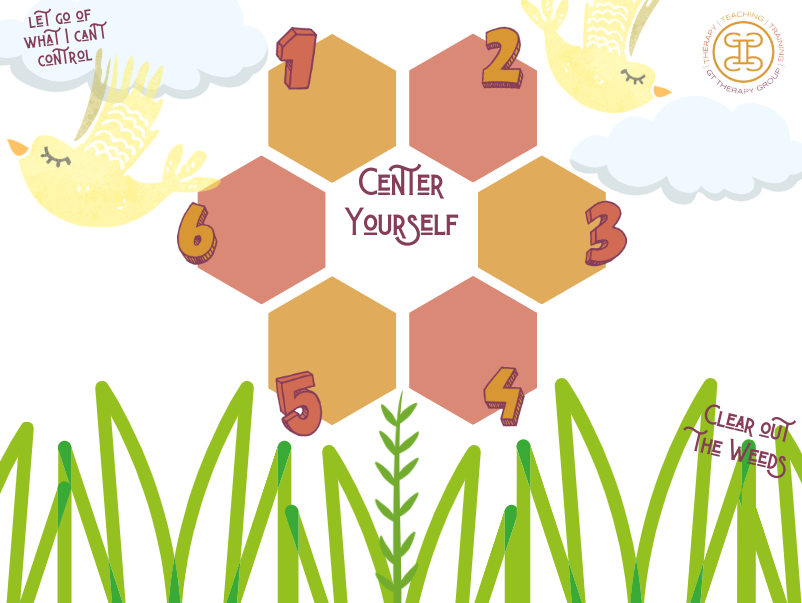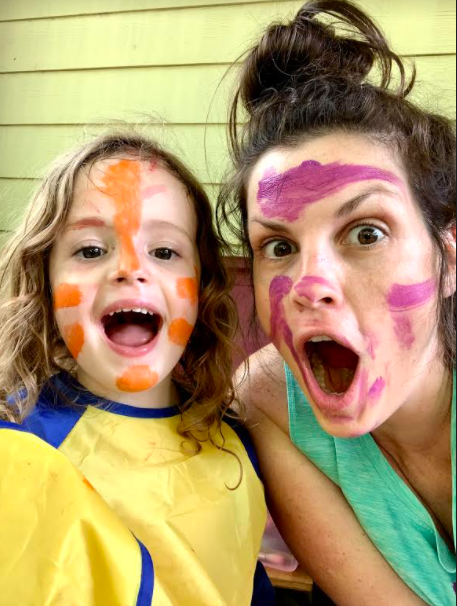Therapy for ADHD
We can help you find your focus and calm the inner storm.
What is ADHD?
ADHD (attention deficit hyperactivity disorder) impacts children, teens and adults. Commonly diagnosed in childhood, ADHD has a lifelong impact, meaning it doesn't just go away in adulthood (but it can shift and present itself differently). Some of the "check boxes" of an ADHD diagnosis include trouble concentrating, difficulty maintaining focus and attention, fidgetiness and hyperactivity, problems remembering things and staying organized and inability to control impulses. The check boxes are about the symptoms of ADHD, but there's so much more to this complex diagnosis. Folks with ADHD live with a lot of emotional distress. That chronic distress takes its toll on the mind and body, often presenting itself much like trauma symptoms would - living in a constant state of overwhelm and hyper-vigilence.
How can Therapy Help with ADHD?
Some therapies for ADHD strictly address the behavioral challenges of the diagnosis. We believe that there's much more to ADHD than treating behavior issues. We believe in taking a holistic and well-rounded approach that focuses on key areas of self-improvement.
Learning what this disorder is and isn't (Education is key)
Coaching and skill building that create personalized strategies for success (Hey, if you aren't personally attracted to it, you just aren't going to do it!)
Calming the inner storm with effective practices such as mindfulness and self-compassion (Tried mindfulness before thought it stunk? Yup, it may be worth another shot.)
Self-awareness and insight (knowing yourself and knowing what is and isn't ADHD)
Integrating family members for support and understanding (Also involving the school system for those still in it)
This all looks a little different based on the age and presenting concerns. As always, focusing on what IS working for the client and leaning on their internal strengths is paramount to lifelong success!














































